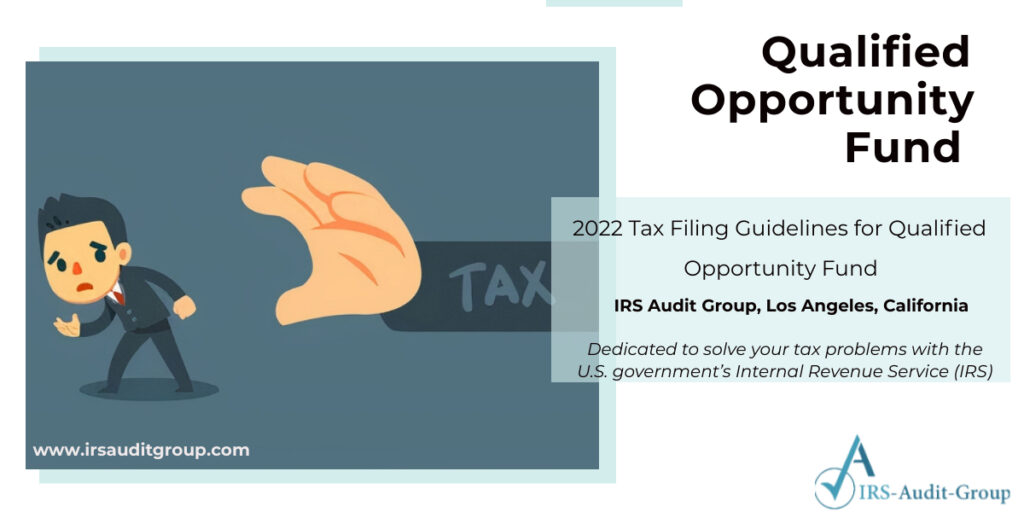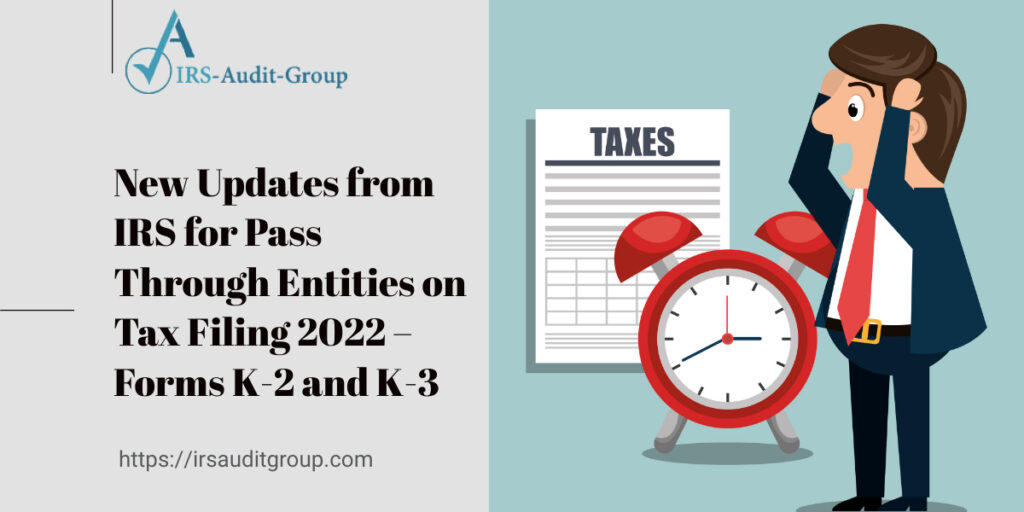The Work Opportunity Tax Credit (WOTC) is a federal tax credit that businesses can use to offset the cost of hiring people from specific target groups who have consistently encountered significant barriers to employment. WOTC initiatives help to improve workplace diversity and make it easier for all citizens to acquire decent jobs.
The Consolidated Appropriation Act, 2021 authorized the extension of the Work Opportunity Tax Credit until December 31, 2025. This means taxpayers can claim the credit on or before Dec 31, 2025, for such eligible hiring. Needless to say, WOTC is only for one time per employee and cannot be claimed for re-hired.
Eligible Businesses for WOTC
There is no specific limit on business size to be eligible under this scheme. Any size of business is eligible for the work opportunity tax credit if it hires candidates from qualified groups. This credit is available to both taxpayers and certain tax-exempt employers operating in the United States and some U.S. territories. Basically, the employers must fall under the below criteria as
- Taxpayers that can claim the credit against income taxes
- Tax-exempt employers can claim the credit only against payroll taxes and only for wages paid to members of the qualified veteran targeted group.
Target Groups Qualified under WOTC
Any employers can claim WOTC for the below-targeted groups under section 51 of the Code. The employee must be a certified member of any one of the following groups to proceed with the claim.
- Veterans
- Recipients state assistance under part A of title IV of the Social Security Act (SSA)
- Individuals who have previously served time in prison or who have been convicted of a felony
- People who live in empowerment zones or rural renewal counties
- Individuals who have been referred to an employer after completing a rehabilitation plan or program
- People whose families receive supplemental nutrition assistance under the Food and Nutrition Act of 2000
- Recipients of supplemental security income benefits under title XVI of the SSA
- Individuals experiencing long-term unemployment
How much can be claimed?
The amount of tax credit under the WOTC program varies based on the employee’s target group, total hours worked, and total qualified wages earned. For instance,
- If the qualified employee has worked for at least 400 hours and is still in the first year of employment, WOTC is equal to 40% of up to $6,000 wages paid or incurred with a maximum credit of $2,400 for an employee
- If the eligible employee has 120 to 399 hours of service, then a 25% rate applies to wages
- Up to $24,000 in wages may be considered in determining the WOTC for certain qualified veteran targeted group
Procedure to Claim WOTC
Taxpayers and Tax-exempt organizations can apply through different IRS Forms to claim WOTC. But all need to complete Form 8850 which is a Pre-Screening Notice and Certification Request to certify that the employee is qualified under the target group. These documents must be submitted to the State Workforce Agency not the IRS within 28 days of the new employee’s start date. Once the State Workforce Agency certifies the employee, Taxpayers can file Form 5884 (Work Opportunity Credit) and tax-exempt employers file Form 5884-C (Work Opportunity Credit for Qualified Tax-Exempt Organizations Hiring Qualified Veterans) to claim the WOTC.
IRS Audit Group is a Tax Audit Representation Firm in Los Angeles, California. Our Tax professionals act on the behalf of the taxpayer during an IRS audit. The IRS audit process can terrify some taxpayers but the Taxpayer Bill of Rights states that individuals can seek help from an IRS tax representative like us to represent them during the IRS audit. Don’t Panic, if you have received a mail for IRS Audit but act fast by contacting us immediately for the next step.
https://irsauditgroup.com/contact/
Telephone Number: (310) 498-7508
Email address: info@irs-audit-group.com










